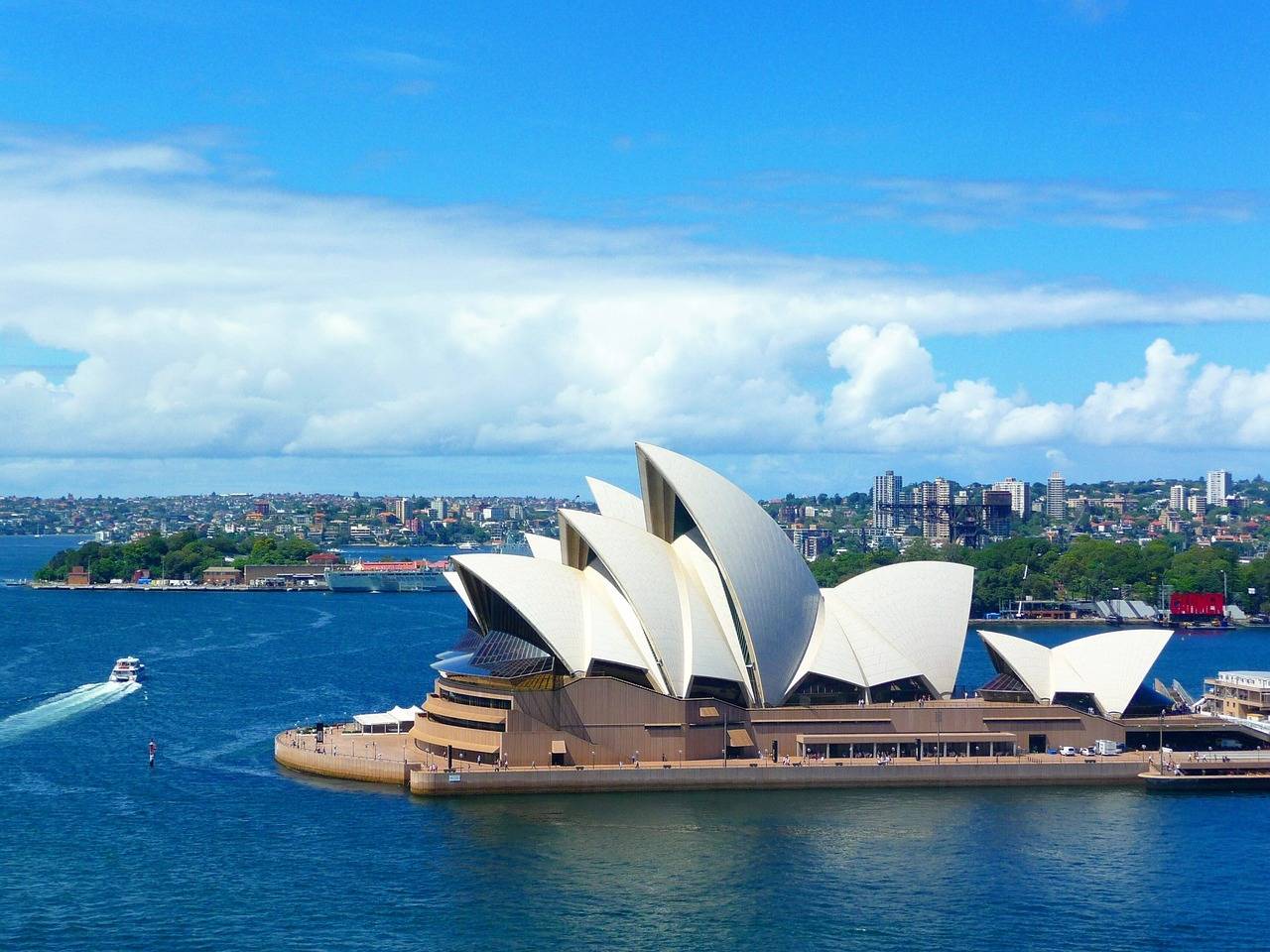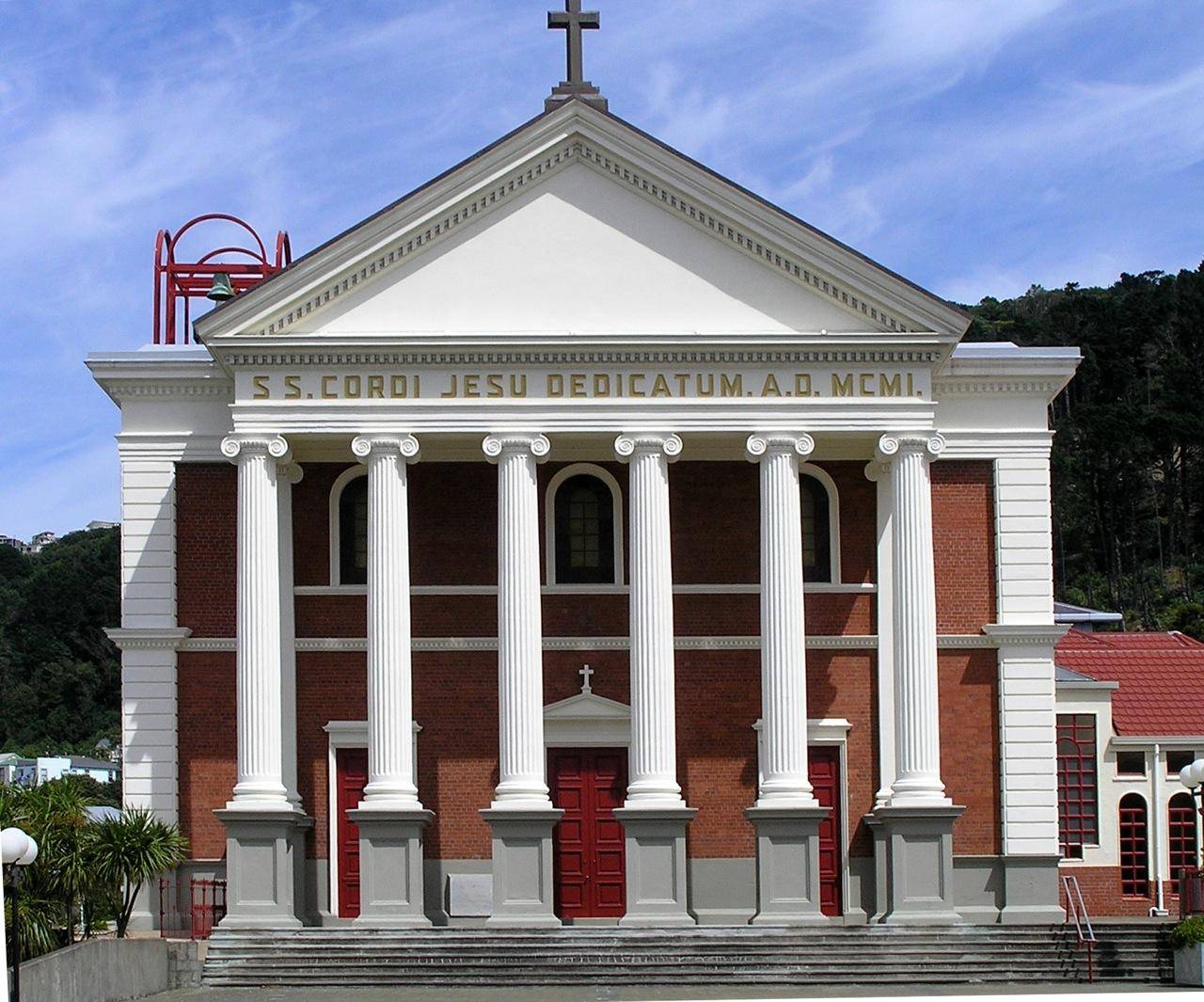A New Zealand Catholic school in Auckland has become the center of a controversy surrounding the removal of Black Lives Matter posters on the campus.
Staff at Marist College, an all-girls secondary school, tore down the posters put up by students, giving rise to accusations of racism at the school.
Senior Nia Cherrington helped organize the campaign to put up the posters, which was a show of solidarity with the international protests of the death of George Floyd, an African American who died after a Minneapolis police officer knelt on his neck for over 8 minutes during an arrest. The officer has been charged with second-degree murder.
The posters said: “Black Lives Matter, No Justice, No Peace.”
“We’ve had a lot of problems with our teachers being racist towards students and trying to force their views on them,” Cherrington told Radio New Zealand. “But I think we’re just trying to address the systematic and casual racism that’s so present within our school and what a lot of our girls have had to deal with for years really.”
New Zealand’s population is 16.5 percent Māori, the indigenous people of the islands, and nearly 20 percent of the population claims either Asian or Pacific Islander ancestry.
In leaked audio obtained by NewsHub, Marist College Principal Raechelle Taulu can be heard telling students she was “contemplating…going to the police” with a defamation of character charge due to the students’ public accusations of racism by the school’s staff.
“I’d like not to, and the only way I will stop that is if you stop, OK? Because it needs to stop – and I find out about it,” said Taulu, who has Māori ancestry.
She can be head telling the students they “have an amazing cause but are going about it in a non-Catholic way.”
Taulu refused to comment on the audio, which was recorded at an assembly on Tuesday, but she issued a statement which said the school “is aware of the concern our young people have about racism in our society and in the world. We stand with them in sharing the rejection of actions and attitudes that are racist and violent.”
“We are working with our student leaders to help them share this message with our community, while also recognizing that we are governed by policies and procedures. The School Board and Senior Management take any claims of racism seriously and we are reviewing the issues raised with us,” her statement continued.
“As always, the wellbeing of our students is our priority and this will be at the forefront of any decisions we make within the guidelines of our policies and Catholic education,” Taulu said.
On Thursday, the school’s senior management said it has set up several ways to support students to “discuss and learn about racism in our world as a school as the term progresses.”
“As we are currently completing a formal investigation into issues raised with us and in the media, we can make no further comment at this time. We will be welcoming the support of the Catholic Diocese, proprietors of our school, to mediate a meeting with those that have raised issues and to address these matters,” the board of trustees said in a statement.
The Diocese of Auckland, which owns the school, said it is “anxious to support both the staff and the students in order to achieve a resolution of the current issues.”
“In order to help support good communication between students and staff, the diocesan representatives for education and Māori pastoral care are planning to go to Marist College to meet with the students and hear from them their concerns and the issues they have raised,” the diocese said in a statement.
Commenting on the controversy, New Zealand Prime Minister Jacinda Ardern told reporters that the country wants “our young people to be engaged in the issues that are around them, including whether it’s domestically or internationally. Engaged citizens, that’s good for New Zealand.”
Although the she said the issue of the posters was ultimately the school’s decision, “I think we’re all better off when we have young people who are engaged in the world around them and are thinking critically about the world around them.”


















